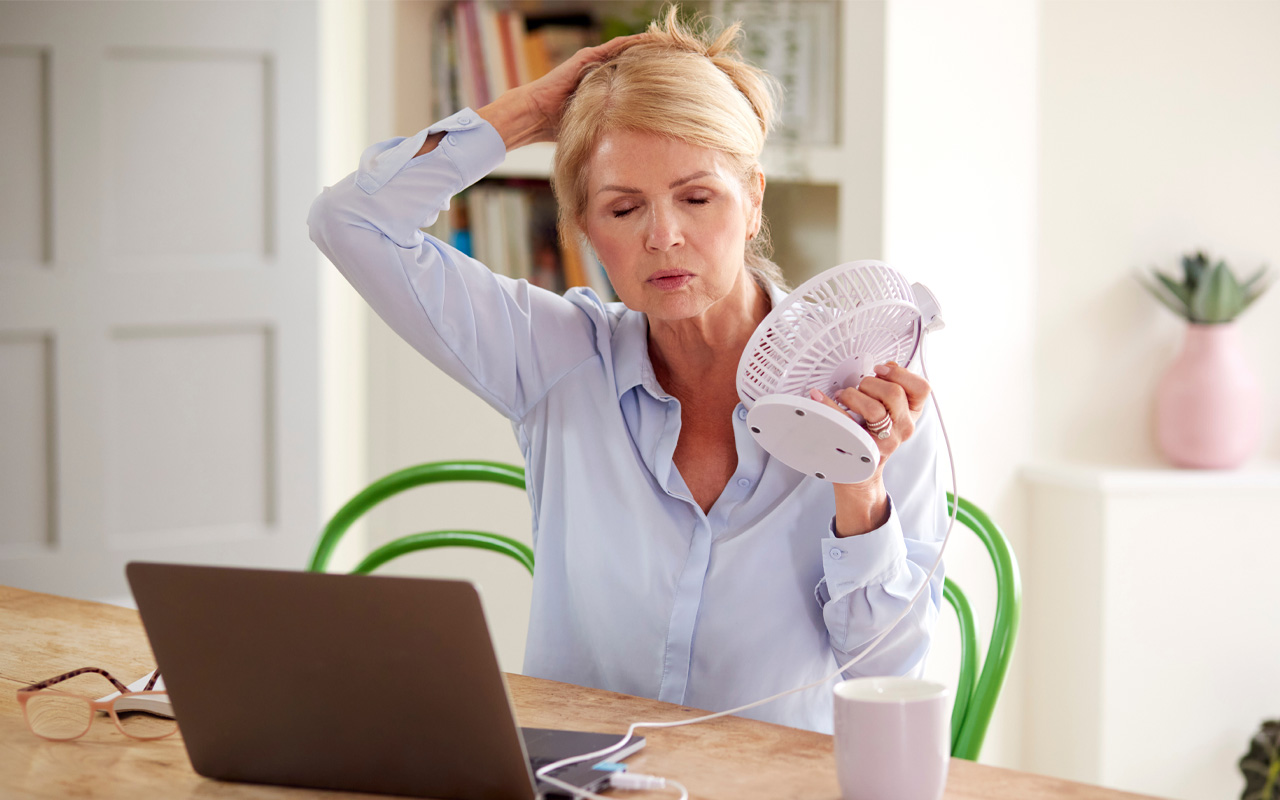Are You Staying Safe in the Heat?

Hot weather can feel like an inconvenience, making it challenging to enjoy being outside or doing everyday activities. But the heat can also be dangerous to your health. With record high temperatures happening more often, these tips can help you stay safe.
How heat affects your health
You can become ill from the heat if your body can’t properly control your temperature. The body normally cools itself by sweating. When the humidity is high, sweat won’t evaporate as quickly. This keeps your body from releasing heat as fast as it may need to and could lead to your body temperature rising rapidly. Very high body temperatures can damage the brain or other vital organs.
Although anyone can suffer from heat-related illness at any time, some people are at higher risk, including children under age 4 and adults who are 65 and older. These factors may also make it more difficult to control body temperature:
- Having health conditions such as high disease, high blood pressure, or obesity
- Not drinking enough water
- Doing too much work or exercise
- Drinking alcohol
- Taking certain medications, such as for depression, insomnia, or poor circulation
How to beat the heat
The good news is that heat related-illness can be prevented. These tips from U.S. Department of Health & Human Services can help you protect yourself and those around you.
1. Dress light.
Choose lightweight, light-colored, loose-fitting clothing.
2. Drink more fluids, regardless of how active you are.
Don’t wait until you’re thirsty to drink. Stay away from very sugary or alcoholic drinks—these actually cause you to lose more body fluid. Also avoid very cold drinks, because they can cause stomach cramps. Please note: If your doctor limits the amount you drink or has you on water pills, ask how much you should drink while the weather is hot.
3. Stay in an air-conditioned place as much as possible.
If your home does not have air conditioning, go to the shopping mall or public library—even a few hours in air conditioning can help your body stay cooler when you go back into the heat. Check your local news for extreme heat alerts and safety tips. You also can find cooling centers in Rhode Island and across the country.
4. Don’t rely on electric fans in extreme heat.
Electric fans may provide comfort, but when the temperature is in the high 90s, they will not prevent heat-related illness.
5. Take a cool shower or bath.
If you don’t have access to a shower or bath, use cool, wet cloths.
6. Use your stove and oven less often.
This will help maintain a cooler temperature in your home. Also, hot and heavy meals can add heat to your body.
7. Schedule outdoor activities carefully.
Try to limit your outdoor activity to when it’s coolest, like morning and evening hours. Rest often in shady areas so your body has a chance to recover.
8. Wear sunscreen.
Having a sunburn affects your body’s ability to cool down and can make you dehydrated. If you must go outdoors, wear a wide-brimmed hat and sunglasses and put on sunscreen 30 minutes prior to going out. Continue to reapply it according to the package directions. Look for sunscreens that say “broad spectrum” or “UVA/UVB protection” on their labels. The American Academy of Dermatology recommends an SPF of 30 or higher.
9. Do not leave children in cars.
Cars can quickly heat up to dangerous temperatures, even with a window cracked open. While anyone left in a parked car is at risk, children are especially at risk of getting a heat stroke or dying. To remind yourself that a child is in the car, keep a stuffed animal in the car seat. When the child is buckled in, place the stuffed animal in the front with the driver. When leaving your car, check to be sure everyone is out of the car. This includes your pets too.
10. Use a buddy system.
When working or exercising in the heat, monitor the condition of those around you and have someone do the same for you. Heat-related illness can cause a person to become confused or lose consciousness. If you are 65 or older, have a friend or relative call to check on you twice a day during a heat wave. If you know someone this age, check on them at least twice a day. Ask these questions:
- Are you drinking enough water?
- Do you have access to air conditioning?
- Do you need help keeping cool?
11. Know the signs.
Learn the signs and symptoms of heat-related illnesses, such as heatstroke and heat exhaustion, and how to treat them.
For more information, please see the Centers for Disease Control and Prevention’s page on extreme heat.